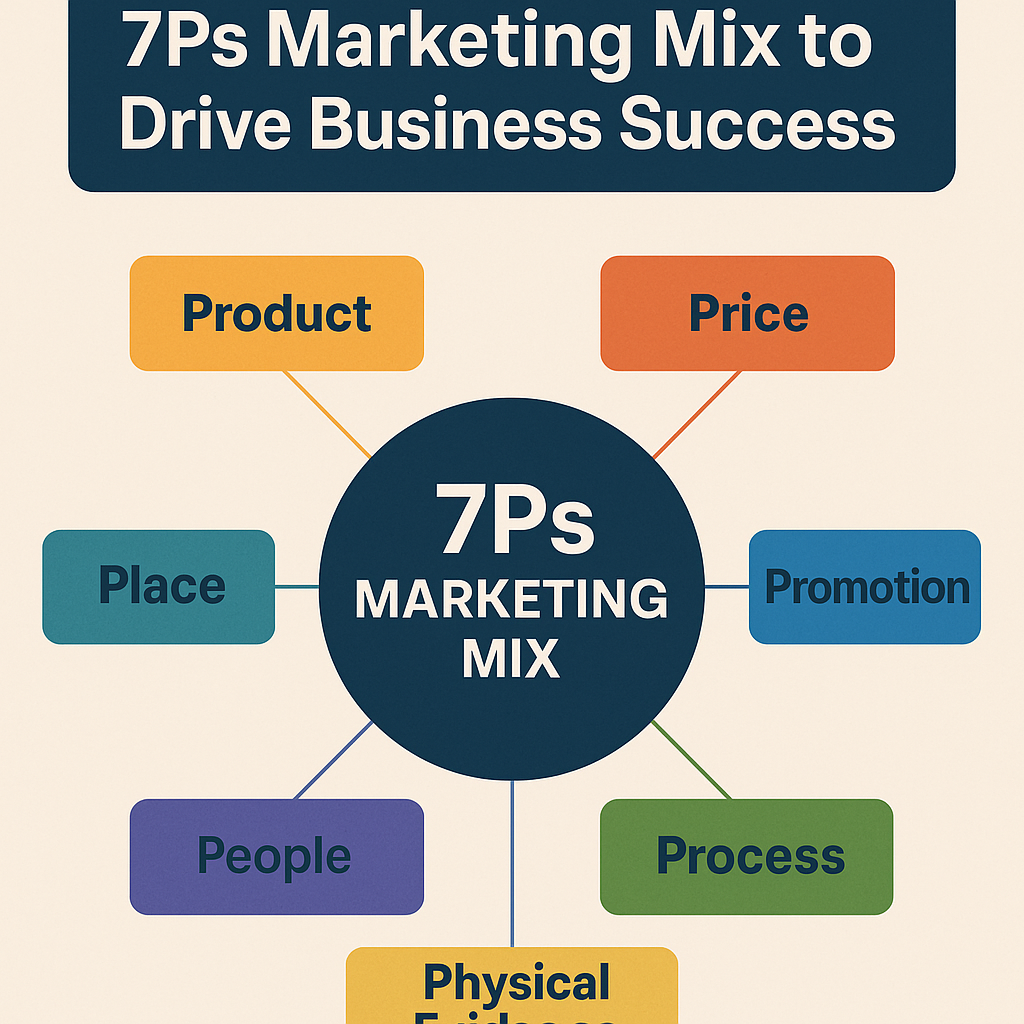Making Sense of Google's Latest Update: A Business Owner's Guide to Adapting and Thriving
Google's recent update has stirred the pot for many websites, potentially affecting how visible they are when people search online. Here's a straightforward breakdown of what changed with Google, translated into everyday language, along with clear advice on what you should do to adapt and thrive.
Decoding the Update
Google's Quality Control:
Imagine Google as a teacher grading essays. It's become stricter about which essays (websites) deserve top marks. Websites that are truly helpful and well-written get A's, while those that try to cheat their way to the top get lower grades.
What to Do: Ensure your website is like an A+ essay: informative, clear, and genuinely useful to your visitors. Avoid tricks meant to outsmart Google, like using irrelevant keywords or copied content.
Example: Imagine you run a local bakery. Your website should clearly communicate what makes your bakery special, such as your unique recipes, your commitment to using local ingredients, or the story behind your business. If your website simply lists generic information and is stuffed with irrelevant keywords like "best cheap bakery deals" without providing real value, Google might see it as trying to game the system and rank it lower.
No More Shortcuts:
Google is now smarter at catching websites that use shortcuts or sneaky methods to appear more important than they are. It's like a referee in a game ensuring all players follow the rules.
What to Do: Play fair. Make sure your website honestly represents your business and provides real value to your audience. Don't rely on underhanded tactics to boost your ranking.
Example: If you own a landscaping business, instead of using invisible text filled with keywords or borrowing content from competitors, focus on sharing your unique expertise and services. Showcase your completed projects, share customer testimonials, and offer useful gardening tips. This authentic approach is more likely to be rewarded by Google.
The Importance of Fresh, Original Content:
Google is emphasizing the need for websites to have fresh, original content, not just rehashed or copied material. It's like preferring an original painting over a photocopy.
What to Do: Regularly update your website with new and unique content that provides value to your visitors. Think of helpful articles, insightful blog posts, or engaging product descriptions.
Example: For a boutique clothing store, instead of copying product descriptions from other websites, write your own that capture the unique qualities of your items. Regularly update your blog with fashion tips, upcoming trends, or the stories behind your collections. This demonstrates to Google that your content is fresh and original.
Boosting Trustworthiness:
Google is looking more at how trustworthy and authoritative websites are. This means it favors sites that prove their credibility, much like a trusted news source.
What to Do: Showcase your expertise and reliability. Include author bios, cite credible sources, and make sure your site is secure (https ensures your site's connection is secure).
Example: If you're a financial advisor, ensure your website provides clear information about your qualifications, experience, and the services you offer. Include testimonials from clients, case studies, or a blog where you share financial advice and market insights. This helps establish your site as an authoritative and trustworthy source in the eyes of Google.
Improving User Experience:
Google wants to make sure websites are easy and pleasant to use, not confusing or slow. It's like preferring a clean, well-organized store over a cluttered, disorganized one.
What to Do: Keep your website tidy, easy to navigate, and quick to load. Ensure it's mobile-friendly, so it works well even on a phone or tablet.
Example: Consider a local bookstore with a website. If your site is cluttered with too many ads, slow to load, or difficult to navigate, potential customers might leave quickly, which Google notices. Instead, ensure your website is well-organized, with a clear menu, fast loading times, and easy access to your catalog and contact information, creating a pleasant browsing experience for users.
Moving Forward:
This update isn't just a one-off event; Google continually evolves. To stay ahead:
- Monitor and Adapt: Regularly check your website's performance. Adjust as needed to ensure it remains a helpful, high-quality resource.
- Stay Informed: Follow Google's updates and understand how they might affect your site. Knowledge is power!
- Value Your Visitors: Ultimately, focus on providing real value to the people who visit your site. Happy visitors lead to a happy Google ranking.
For those eager to delve deeper or seeking more detailed guidance, refer back to the detailed insights provided in "Google March Core Update: Lessons Learned and Recovery Roadmap."
It's an excellent resource for understanding the in depth intricacies of SEO and staying aligned with Google's expectations.
https://www.link-assistant.com/news/google-march-core-update.html.
Understanding what Google changed and taking concrete steps to align with these new expectations can help ensure your website stands strong and visible, ready to welcome more visitors.
Curious about how Google's latest update impacts your business? Let's unravel it together! Reach out to us with your questions, and we'll provide the insights and guidance you need to navigate these changes confidently. Your business's online success is our priority, and we're here to help you every step of the way. Contact us today and let's ensure your website thrives in this new landscape!
Share this Blog Post on Social Media
















